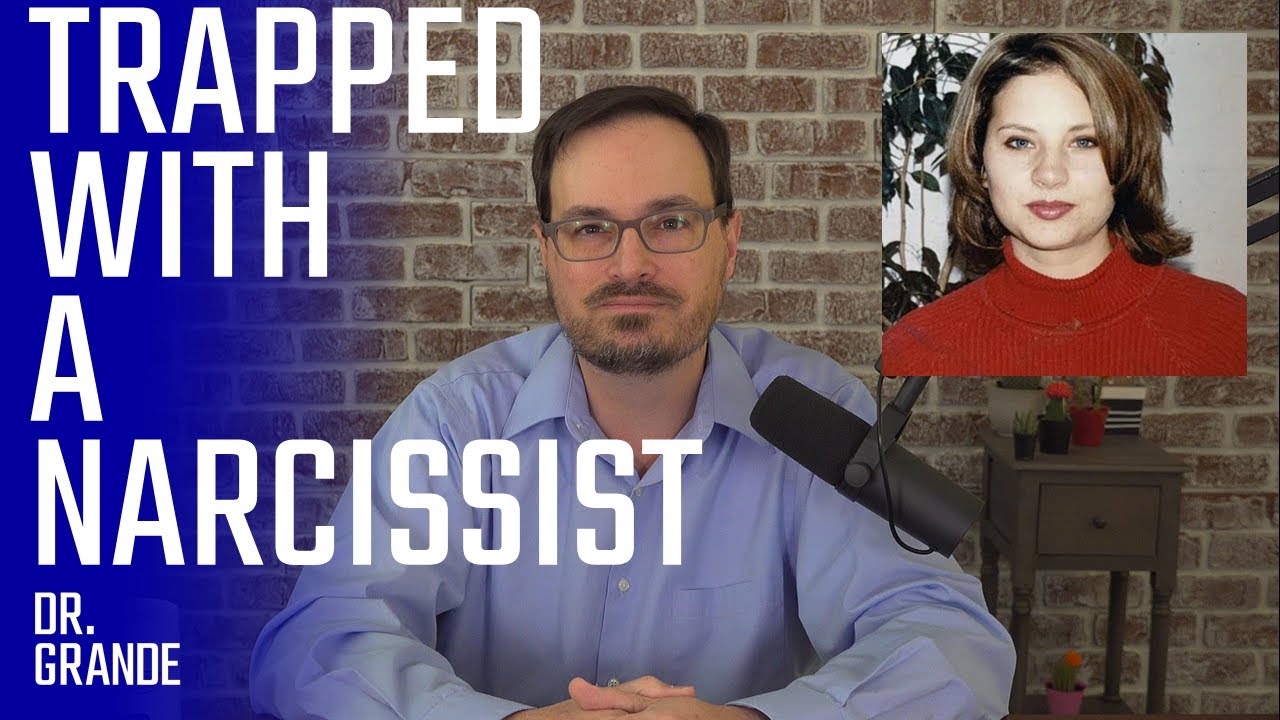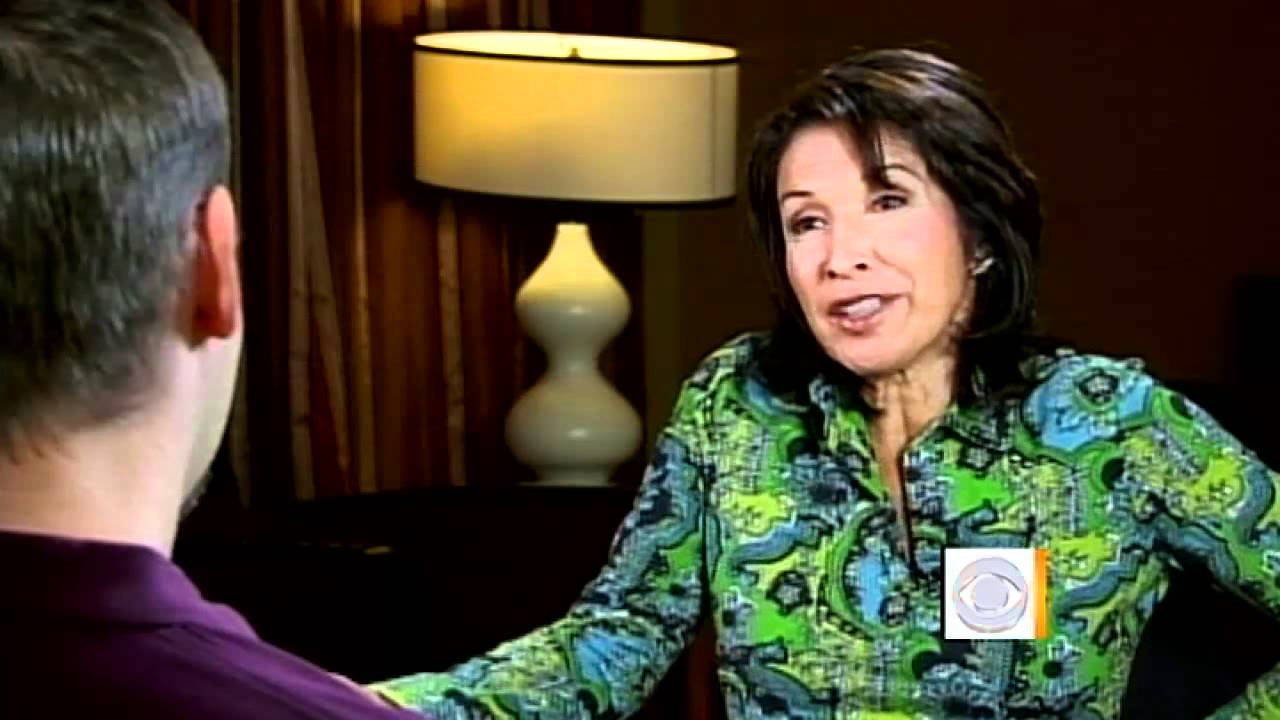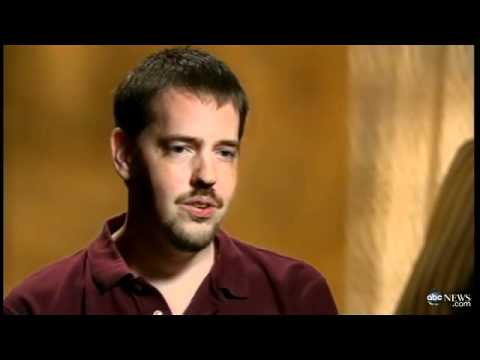The story of Josh Powell is a grim reminder of the multifaceted issues surrounding domestic violence. In December 2009, his wife, Susan Powell, vanished under a cloud of suspicion that would eventually ensnare him as the prime suspect. Despite claiming innocence, Josh’s fate took a dark turn when, in February 2012, he killed both his children and himself, an act that left a community shattered and spoke volumes about the perils of unchecked mental health issues and domestic violence. This article delves into the heartbreaking timeline of the Josh Powell case, the impact on public policy, and the ongoing efforts to raise awareness surrounding these tragic dynamics.

The Events Surrounding the Josh Powell Case
The timeline of events leading to the Josh Powell tragedy began with Susan’s disappearance in December 2009. For months, a multi-state search ensued, as media cameras captured the heart-wrenching plea of Susan’s parents, who were desperate for answers. Meanwhile, Josh remained in the public eye, often portraying an innocent, devoted husband, despite growing scrutiny. As investigators dug deeper, they uncovered troubling signs of a tumultuous relationship, revealing Josh’s controlling tendencies and emotional instability.
In February 2012, the narrative dramatically shifted. While under a court-ordered supervised visit with his two kids, Charlie and Braden, Josh Powell committed an unforgivable act, killing them before taking his own life. This shocking turn of events didn’t just highlight the horrors of domestic violence but unveiled the intricate web of family dynamics and mental health issues that can lead to such tragedies. The pain and loss that followed left a permanent scar on the community and brought renewed urgency to discussions surrounding domestic violence and mental health protection.
Family Dynamics and Domestic Issues
The Powell family dynamic was riddled with complexities that culminated in tragedy. Family members described Josh as having episodes of rage and manipulation, suggesting underlying mental health issues that went unaddressed. The emotional fallout from the loss of Susan, who had also been a beloved mother, added layers to the grief felt by both sides of the family. This case exemplified how unchecked psychological challenges can rise to catastrophic consequences, especially in domestic settings.

The Ongoing Impact: How the Josh Powell Tragedy Influences Policy and Awareness
In the aftermath of the Josh Powell case, a wave of changes began to unfold, particularly in policies related to domestic violence and child welfare. Washington State, where much of the case unfolded, felt the most significant impact. In 2013, as part of ongoing advocacy efforts, the state introduced reforms that sought to improve child welfare protocols. These initiatives emphasized communication between child protective services and law enforcement, aiming to prevent similar tragedies.
Moreover, the national conversation around domestic violence was reignited due to the high-profile nature of this case. Various states developed campaigns to evaluate existing protective order laws, acknowledging that the judicial system must better safeguard the rights and safety of potential victims. From California to New York, advocates pushed for legislation that would make it easier for victims to secure protection amidst escalating threats.
Child Welfare Reforms in Washington State
In response to the Powell tragedy, Washington implemented significant reforms aimed at strengthening child welfare. For instance, laws were introduced to enhance oversight of individuals with a history of domestic violence. This led to a more rigorous assessment of parental fitness during custody disputes, protecting children like Charlie and Braden who lost their lives due to their father’s unmitigated access.
The introduction of mandatory training for law enforcement and social workers further shifted how domestic abuse cases are handled. These professionals now receive education on recognizing warning signs of potential violence, thus allowing them to act sooner and more effectively when a situation escalates. It reflects a commitment to learning from the past to create a safer environment for future generations.

Cultural Reflections Through Media and Art: The Josh Powell Narrative
The Josh Powell case has transcended the courtroom, inspiring various media representations and discussions. Podcasts, documentaries, and books have examined this tragedy, prompting thought-provoking conversations about families and mental health. “The Cold Podcast” offered a deep dive into the case, delving into the psychological profiles of those involved, including Josh Powell. It attracted true crime enthusiasts eager to understand the motivations behind such horrific acts.
Similarly, documentaries like “Susan Powell: An Unsolved Mystery” shed light on the investigation’s failures, emphasizing the systemic issues within law enforcement that contributed to Susan’s disappearance. The raw emotional appeal of Susan’s story resonates through the artwork and media, capturing the heartache and loss experienced by her family.
Literature’s Role in Advocacy
Books such as “A Mother’s Fight” by Chuck Cox provide powerful narratives about seeking justice for Susan and her sons. Cox’s tales underline the challenges faced by families navigating a broken system while advocating tirelessly for change. Through these cultural reflections, the Josh Powell case continues to inspire activists, serving not just as a cautionary tale, but a call to action for more support and awareness around domestic abuse.

Psychological Insights into the Josh Powell Case: Analyzing the Mindset
Delving into the psychological landscape surrounding Josh Powell provides vital insights into his tragic actions. Behavioral analysts scrutinized his past and present, recognizing patterns of anger, control, and potential mental illnesses. Many experts labeled his behavior as possibly rooted in narcissism and attachment disorders, traits that complicate the understanding of domestic violence in similar situations.
Patterns of control often categorize domestic violence perpetrators. Studies show that men like Josh may feel threatened by their partners’ independence, leading to aggression. These insights stress the importance of early interventions that can help break the cycle of abuse before it escalates to violence.
The Need for Early Intervention
Understanding the roots of such domestic violence is crucial. Educational programs to identify early signs of abuse can empower community members, aiding in recognizing when someone is at risk. The key lies in fostering vigilant, informed communities that can provide support and safe exits for those entangled in abusive situations.

Community Initiatives Rising from the Ashes of the Josh Powell Tragedy
From the devastation of the Josh Powell tragedy, passionate communities have emerged, championing initiatives aimed at preventing similar occurrences. Organizations like the “Chadwick Center for Children and Families” focus on developing robust support systems for families impacted by domestic violence. These resources help empower victims and provide safe spaces for healing.
Awareness campaigns, such as the “No More” initiative, are gaining traction nationwide. The movement strives to eliminate the stigma surrounding domestic violence. It encourages individuals to speak out and seek help without fear of judgment, illustrating that everyone plays a role in combating domestic violence.
Strengthening Community Ties
Many communities have also implemented support groups specifically targeting those who have experienced domestic violence. These groups foster a sense of belonging and understanding, offering resources that can help individuals rebuild their lives after trauma.
Learning from the Past: The Legacy of the Josh Powell Case
Reflecting on the Josh Powell case, it’s clear that the lessons learned must echo through society for years to come. This tragedy is an urgent call for systemic reform regarding domestic relationships, mental health care, and child welfare. Advocacy groups tirelessly illustrate the critical need for continuous reform, pushing for laws that protect both children and victims of domestic violence.
Education remains a cornerstone in the conversation surrounding domestic abuse. Many states now work to develop programs that teach the public and professionals how to identify the signs of domestic abuse, ensuring future mistakes remain unmade. This proactive approach emphasizes learning from past tragedies to build a stronger, healthier future.
Continued Advocacy and Educational Programs
Organizations increasingly leverage the profound impact of the Josh Powell case to galvanize public interest in reforming child protection laws. The narrative of Josh Powell stands as a dire reminder of the vulnerabilities present in domestic relationships, urging society to push for real change in the protection of victims.
As advocates continue championing essential reforms, the hope remains palpable. The dialogue surrounding the Powell tragedy fosters an environment conducive to change, inspiring individuals to join the fight against domestic violence. This commitment holds the promise of a future where stories like Susan Powell’s become relics of a world that has learned to prioritize safety and mental health.
In conclusion, the tragic events surrounding Josh Powell remain a sobering testament to the intertwined realms of domestic violence, mental health, and child welfare. By continuing to raise awareness, drive policy change, and create strong community bonds, we bring light to the darkness of this tragedy—ensuring that its legacy informs and protects future generations.
The Josh Powell Tragedy and Its Impact Today
Uncovering Details Around Josh Powell
The case of Josh Powell has a depth that continues to resonate today, leaving many intrigued and searching for answers. Did you know that Powell’s actions prompted a nationwide reevaluation of domestic violence laws? This tragedy sparked discussions that reshaped how authorities handle similar cases, emphasizing the need for better training and resources—something identified as critical at institutions like Mt. Hood Community College. It’s a reminder of how one person’s choices can trigger major social shifts.
Interestingly, Powell’s story isn’t isolated in its horror. Other infamous cases, such as those involving complex family dynamics, push people to dig deeper into what qualifies as unhealthy familial relations. For instance, in a stark contrast, making decisions on seemingly trivial matters like selecting Wonderwink scrubs can sometimes make all the difference in a healthcare setting, showcasing how crucial context can be, even in life-saving situations. As our society grapples with these questions, the Powell case remains a tragic benchmark.
The Ongoing Conversation: Impact and Awareness
The aftermath of Josh Powell’s actions has been immense, igniting ongoing conversations about accountability in domestic relationships. Take, for instance, the fact that many individuals now turn to support groups or workshops tailored for emotional wellness. This can be compared to how fans eagerly anticipate the man city Vs inter milan Lineups before a major match, showcasing a collective understanding of the critical nature of preparation and awareness.
Moreover, Powell’s situation highlighted the importance of community oversight. It’s fascinating how movements for change often rise unexpectedly, much like the vibrant energy of a whirling dervish dance, serving as a metaphor for the chaotic emotions stemming from domestic disputes. Just as individuals are encouraged to pursue their passions—like contestants on liv love island usa striving for love and connection—communities are challenged to confront uncomfortable realities.
Through ongoing updates, including insightful analyses like the Savannah Soto update, we’re reminded that tragedies can become catalysts for profound change and public discourse. Ultimately, Josh Powell’s legacy continues to shape how we think about safety, justice, and family dynamics today.































